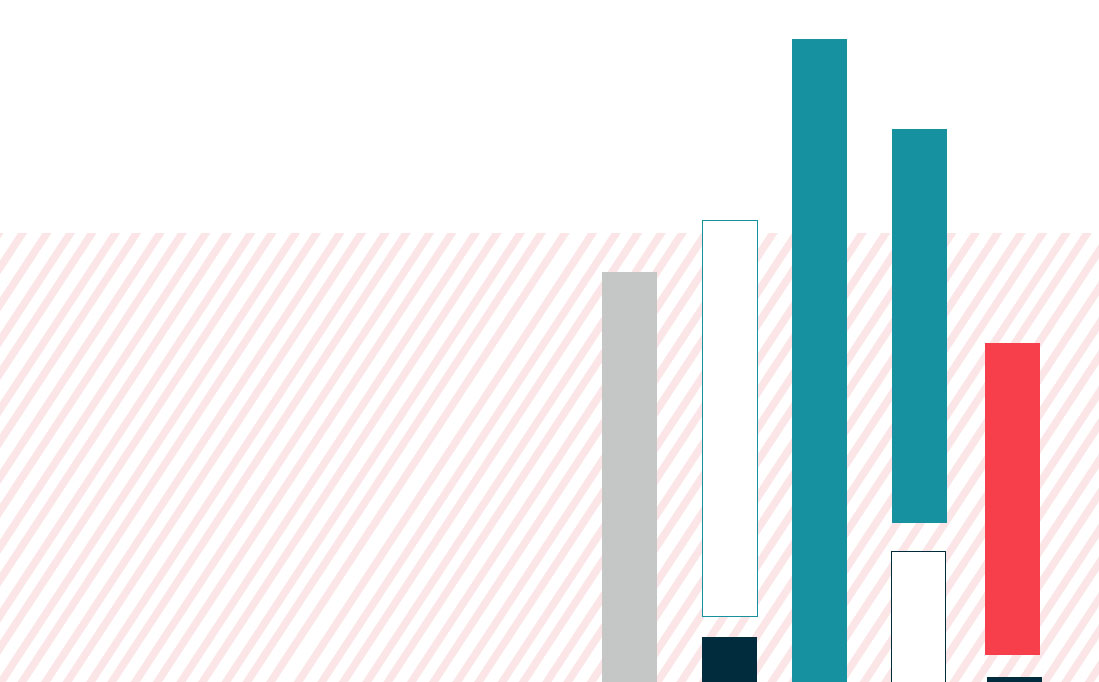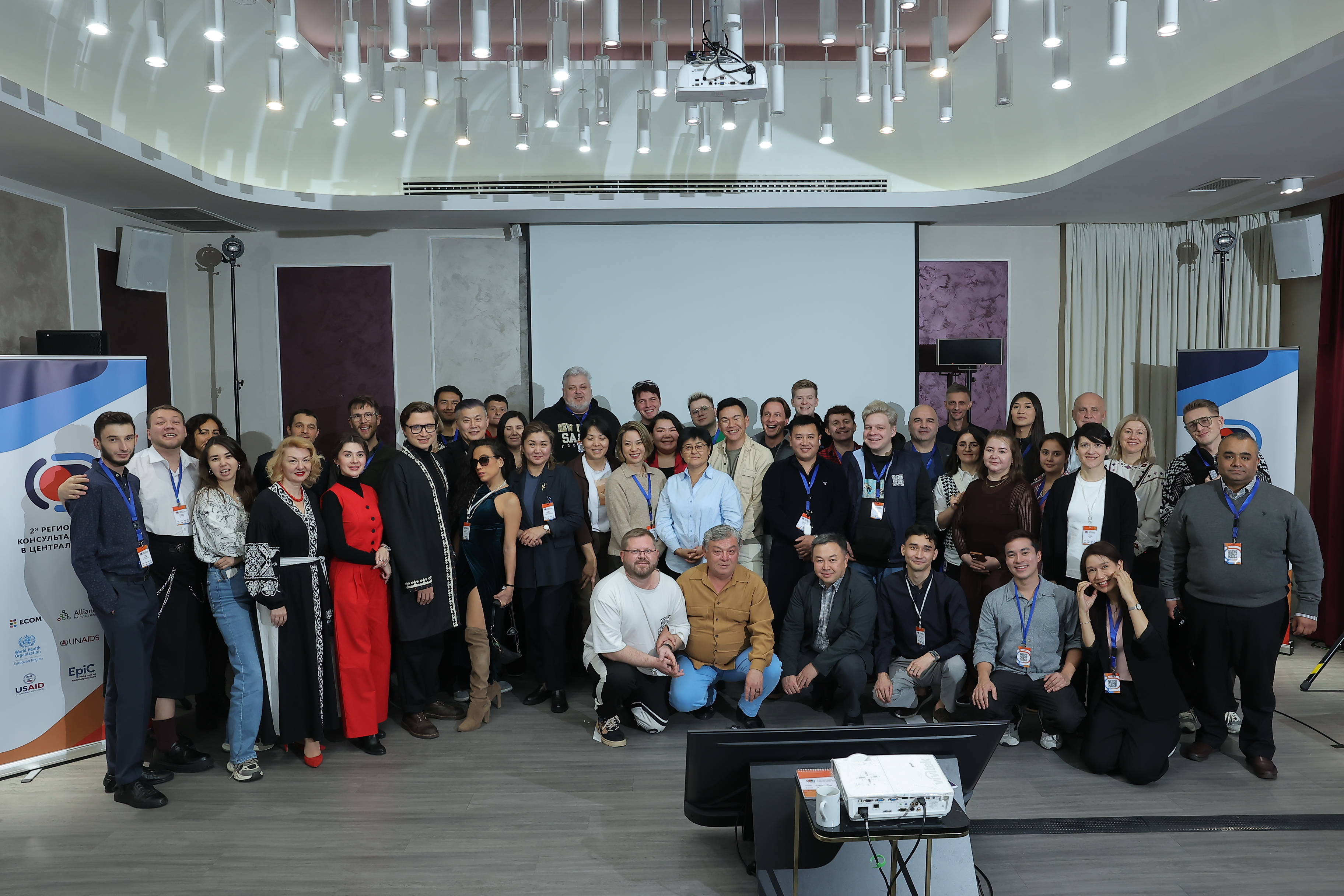The analysis of the cascade of continuous HIV care for MSM in five countries of the EECA region is the first study in the region to collect disaggregated data on the availability and quality of HIV prevention and treatment services for MSM. Previously, such data was only presented for the general population. Without disaggregating data for specific groups, it is not possible to see how stigma and discrimination affect the availability of existing services for key populations and marginalized groups.
The study was carried out in 2019 as part of the “Right to Health” program with the financial support of the Global Fund to Fight AIDS, Tuberculosis and Malaria.
As the analysis showed, only a small percentage of MSM undergo regular HIV testing. The reason for this is the low coverage of MSM with prevention programs. When the percentage of HIV+ MSM who know their HIV status is low, even when effective ARV therapy is available in the country, only a small number of those living with HIV start treatment in a timely manner, thereby protecting their own health and reducing the risk of the further spread of the epidemic.
In Armenia and Macedonia, only 54% of the estimated number of HIV+ MSM know their status, 26% in Georgia, 19% in Kyrgyzstan, and 6% in Belarus.
When developing cascades of services in Armenia, Belarus, Georgia, Kyrgyzstan, and North Macedonia, researchers faced problems related to the quality and availability of data. There may be no data due to a lack of research, or simply due to the lack of services through which such data can be obtained.
At the same time, as part of this analysis, it was possible to collect and analyze information that reflects the availability of services and demonstrates the ratio between those who need services and those who receive them, thereby illustrating where there are gaps in coverage/availability and in the quality of HIV prevention and treatment services.
The results of the Overview of the results of national studies “Cascade of Continuous HIV Care for MSM in EECA” can be accessed here.






Комментарии
Пока никто не оставил комментарий